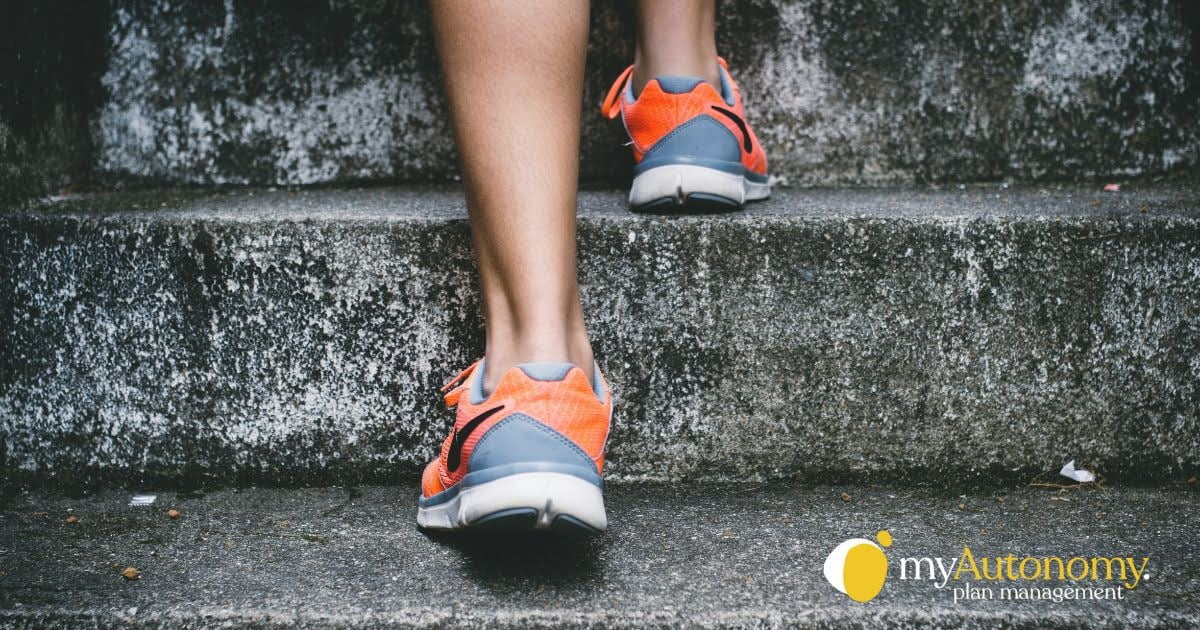Staying active this winter: tips from a physiotherapist
These cooler days are a sign that winter is well and truly on the way. And while some people enjoy the fresher weather, many of us struggle in the colder months.
Staying motivated with an exercise schedule and keeping your body moving can be tricky when all you want to do is stay under the covers.
We caught up with the team at Empower Healthcare who offer allied health services to get a physiotherapist’s view of staying active in winter. Let’s take a look.
Why is exercise in winter essential?
Staying active, especially in the fresh air and sunshine, is important to keep the cardiovascular system functioning at its best. Exercise is also immune boosting, so it can help to stave off winter bugs.
While it might feel as though you’re warmer inside under a blanket, exercise can actually keep you warmer by raising your basal metabolic rate, which warms you from the inside and lasts long after you’ve stopped moving.
How can I stay active during the colder months?
To keep exercising throughout winter, it’s helpful to keep some tips in mind:
Adapt, don’t stop: it can be harder to get outside and do your usual workouts when it’s cooler, but that shouldn’t mean not exercising at all. Perhaps if it’s wet outside, or particularly chilly, you could try exercising indoors, or in a class with others. Getting together with friends can also help boost motivation. Try to make changes to your routine, rather than cancelling it altogether.
Don’t waste sunny days: when the sun is shining, make sure you get outdoors and enjoy the nicer days. This will help you get some fresh air and some much-needed vitamin D. On nicer days, try nature walks, tai-chi in the park, outdoor aerobics, or even hikes if you’re able.
Get some warm clothing: your usual workout gear probably won’t cut it in winter. It’s important to have the right clothing as that will boost the chances of you heading outdoors to get active. Consider a waterproof jacket, a warm layer (think heat technology) that you can wear around your torso, and things like gloves if your extremities get particularly cold.
Warm-up and cool down: when it’s cold, it’s especially important to take the time to warm up and cool down your body. This will help prevent the risk of injuries.
Include plenty of variety: as they say, ‘variety is the spice of life’. To keep your workouts interesting and increase motivation, it’s helpful to do different workouts. You might try yoga classes, park walks with friends, and heated pool swims to mix things up.
Recognise your abilities: depending on your abilities, you may be limited in what types of exercises you can do. To make the most of movement, focus on what you can do rather than what you can’t. It’s also helpful to speak to a physio or other practitioner to ensure you can get the most out of your movement.
What if I’m not very motivated?
Some people really struggle with the cold––especially if medical conditions worsen around this time. It’s important, then, to be kind to yourself.
Naturally, your motivation will peak and trough throughout the year. If you skip a few workouts, try not to beat yourself up. Instead, just focus on where you’re doing well and what you can do to make a difference to your overall health.
For more from Empower Healthcare, check out their complete blog post on the topic.
Have a query?
At myAutonomy, we want to help you thrive. If you have a question about your NDIS plan, we’re only too happy to help.
Get in touch with our friendly team on 1300 60 33 89 or at [email protected].





